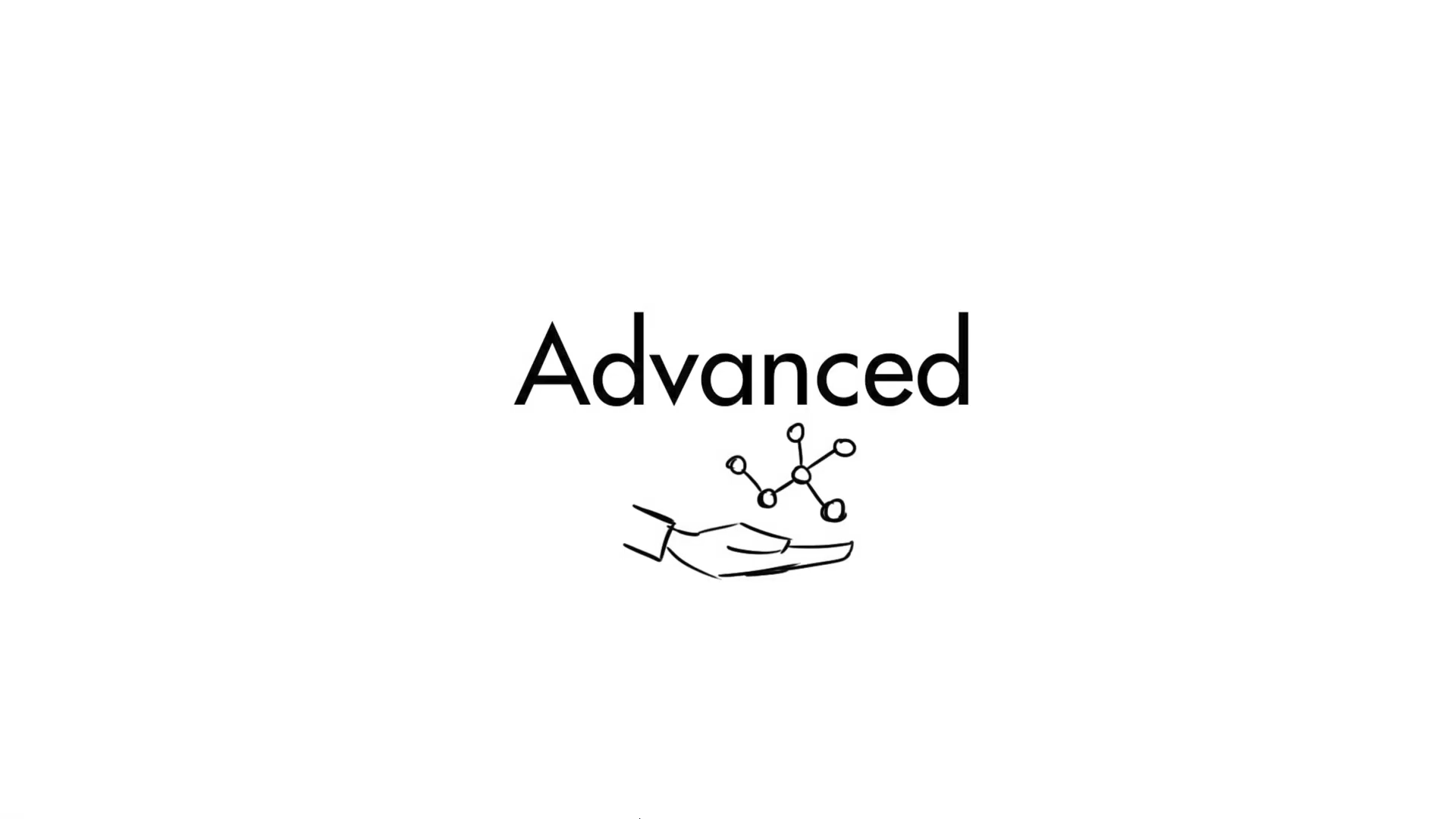If your government organisation, be it the ministry of health, central medical store, vaccine store or supply chain agency, is looking for direction in terms of which operations to outsource and how, People that Deliver’s outsourcing toolkit could provide just the guidance.
Building on People that Deliver’s (PtD) maturity model for human resources (HR) in supply chain management (SCM), Kotter’s 8-step process for leading change, interviews with health supply chain managers throughout Africa, and with inspiration from the Africa Resource Centre outsourcing toolkit, the PtD toolkit lays out a route to developing a successful blend of insourced and outsourced operations with an emphasis on HR management.
To learn more about the toolkit we caught up with Per Kronslev, a supply chain expert with 22 years of experience working in 22 countries across Sub Saharan Africa and South East Asia, who worked with PtD to develop the toolkit’s two resources: the outsourcing roadmap and Outsourcing public health supply chain services: case studies and conclusions.
First of all, what exactly is the toolkit?
The first thing to say is that the toolkit is a resource that can help to improve your organisation’s outsourcing operations. The roadmap is an interactive tool that enables you to assess the current maturity level of your outsourcing operations – foundation, emergent, functional or advanced – and it offers a clear path and inspiration to reach the next level.
We’ve also developed three case studies – of Côte d'Ivoire, Mozambique and Sudan – to highlight the challenges to successfully outsourcing operations and the critical success factors in each context. To develop these case studies we spoke with health supply chain experts in each country, including Dr Koré Zoulou, interim director general of the New Public Health Pharmacy of Côte d'Ivoire and Dr Gamal Khalafallah Mohammed Ali, former director general at the National Medical Supplies Fund in Sudan.
Learning from supply chain managers who have themselves faced obstacles in making their operations more efficient can be useful for those in similar roles in comparable contexts.
And who is the outsourcing toolkit for?
Any supply chain organisation – public or private – that supplies health facilities with health commodities, such as medicines, vaccines, contraceptives and equipment, would benefit from the outsourcing toolkit.
Within these organisations supply chain managers tend to be the ones that assess the effectiveness of their operations and would therefore be responsible for making decisions to contract external companies, or in other words, decide between an in-house operation or outsourcing certain supply chain functions.
And how should the roadmap be used?
The choices open to an organisation are complex and dependent upon its level of maturity. The roadmap helps a given organisation to create an overview of the options available to it and suggests how it can reach a higher level of maturity and consequently be better prepared to use outsourcing as a tool.
By completing the questionnaire managers can quickly and easily determine their current maturity level in terms of outsourcing readiness. Once they know this they can find the next steps that align with their corresponding maturity level; for each level there is a set of actions that need to be taken to improve staffing and the skills, working conditions and motivation of the health supply chain workforce to enable the organisation to mature and progress to the next level.
The case studies really complement the roadmap and provide some context to a lot of the detail and examples found in it. I think it can be very helpful to learn from real-world scenarios, and more importantly, from those who have come up against obstacles and managed to overcome them.
We’ve also produced a short video to guide users through the process of assessing their organisation’s capacity for outsourcing, which I’m sure many will find extremely helpful.
Do you have any advice for health supply chain organisations looking to find the right blend of insourcing and outsourcing?
Learning from others – both what has worked and what hasn’t – can be so useful in all walks of life and this is why we put the case studies together: so we could share the experiences of supply chain organisations. Of course the contexts might change between countries, but what I’ve noticed in the many years of working in this space is that when it comes to outsourcing, the challenges and solutions are often the same. This is why it’s so important to share experiences – both positive and negative – wherever possible.
Per and PtD executive manager Dominique Zwinkels will be presenting the outsourcing toolkit at the webinar Best practices for successful outsourcing in the public health supply chain.
When: 23 June, 4pm
Where: Online
Register: https://us02web.zoom.us/webinar/register/WN_zprC8e3jSAqmC9dkHr5vMA

